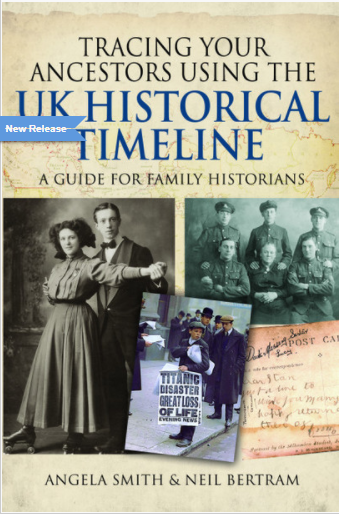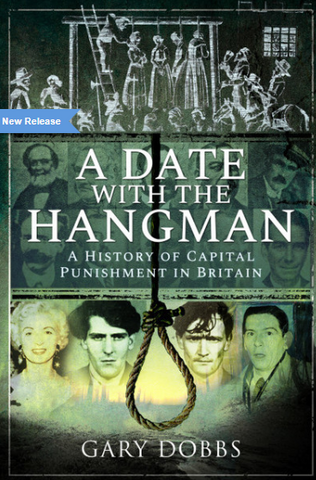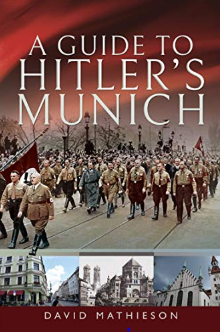
Pen and Sword
Tracing your ancestor using the UK Historical Timeline
Code:
$18.00
This handy book is a timeline guide to genealogical resources - what records are available and when they started - as well as an aide-memoire to significant historical events from 1066 to 2020; helping to put family ancestors into an historical context. Each page in this book has a main column with facts of genealogical relevance in the broadest sense; a side column makes mention of events of socio-cultural significance and events relating to the monarchy, the State and the Church. Entries cover historical and genealogical aspects of all four countries of the UK plus Ireland and the Channel Islands, as well as significant historical events in the wider world that had an impact here.
The timeline is especially strong on the contribution of migration, extreme weather, disasters, epidemics, wars, non-conformist religions, taxation, transport, the armed services, famine, empire, organised labour, social writers, mapmakers, political unrest and scientific advances. Genealogically, there is information on changes to BMD certificates and the associated register entries, as well as to censuses and the facts they collected, plus much more. There are also references to earlier records that generated name indexes such as muster rolls and poll taxes, how complete they are and where they can be found. By being reasonably balanced across the centuries, the authors have resisted the temptation to include excessive detail on recent history.
This book will help the family historian to construct a timeline for their ancestors, providing a fairly full set of historical events, developments and records likely to have had an impact on them, their family and community. It is a handy reference guide to a myriad of dates but is also a useful book to study when writing a family history as it offers plenty of contextual information. It should also prompt readers to search out new resources in tracing their ancestors.
The timeline is especially strong on the contribution of migration, extreme weather, disasters, epidemics, wars, non-conformist religions, taxation, transport, the armed services, famine, empire, organised labour, social writers, mapmakers, political unrest and scientific advances. Genealogically, there is information on changes to BMD certificates and the associated register entries, as well as to censuses and the facts they collected, plus much more. There are also references to earlier records that generated name indexes such as muster rolls and poll taxes, how complete they are and where they can be found. By being reasonably balanced across the centuries, the authors have resisted the temptation to include excessive detail on recent history.
This book will help the family historian to construct a timeline for their ancestors, providing a fairly full set of historical events, developments and records likely to have had an impact on them, their family and community. It is a handy reference guide to a myriad of dates but is also a useful book to study when writing a family history as it offers plenty of contextual information. It should also prompt readers to search out new resources in tracing their ancestors.




